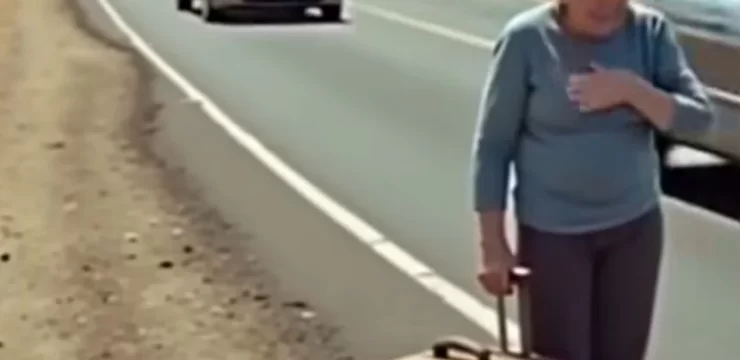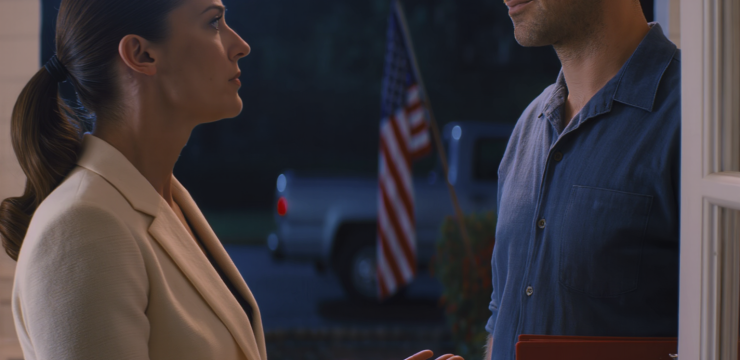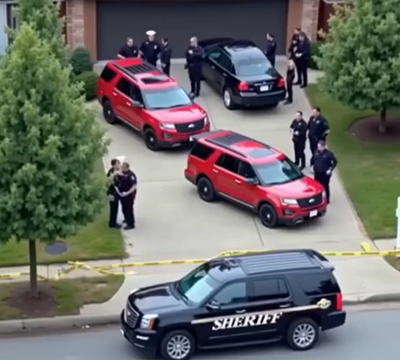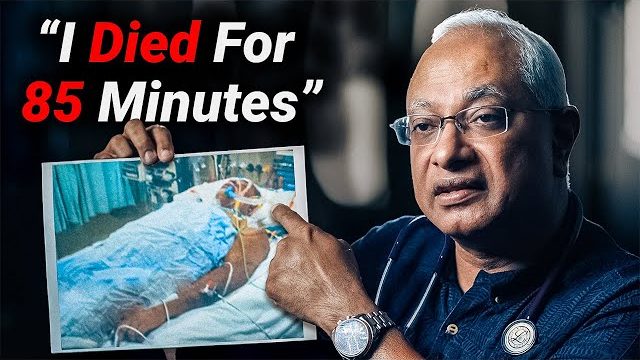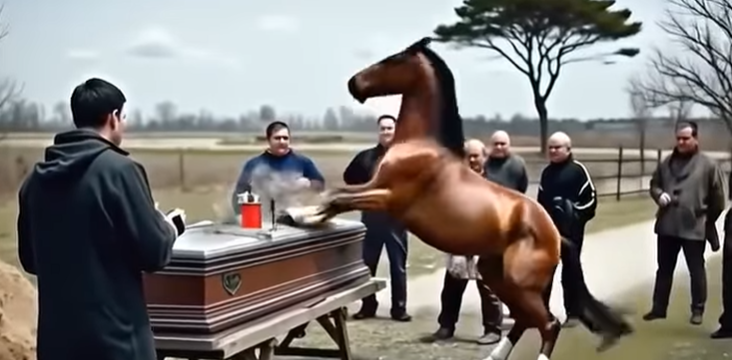The day I said goodbye to our old, dilapidated couch is one I won’t soon forget. It was a crisp autumn morning, the kind where the sky is overcast but holds back its rain, and the cool air brushes softly against your cheeks. Bryce, my husband, had already left for work, and the house was quiet except for the sound of our dog padding around the kitchen, likely searching for crumbs. The living room, bathed in gray morning light, revealed every flaw of the massive, aging couch that I had been begging him to replace for months.

It wasn’t just old—it was dreadful. The once-pale blue upholstery had faded into an unappealing mix of gray and green. Its cushions were flat, the fabric threadbare in spots, and the wooden frame groaned ominously with every shift in weight. Sitting on it was a gamble—one wrong move, and a spring might jab into your leg. Recently, an unpleasant musty smell began wafting from it, hinting at mold despite my best efforts to clean and deodorize it.
I had been determined to get rid of it, pestering Bryce about replacing it for nearly a year. He’d nod absentmindedly and mumble, “I’ll take care of it,” but he never followed through. I couldn’t understand his hesitation; he was usually practical, someone who had no issue letting go of old things. This couch, however, seemed to hold a unique sway over him.
That morning, I resolved that enough was enough. I pulled out the business card of a local hauling company and called them. By a stroke of luck, they had availability that afternoon. Finally, I thought, this eyesore would be gone before Bryce came home. I envisioned a fresh, open living room with a sleek new couch in its place. I didn’t know yet where I’d buy the replacement, but it didn’t matter—progress was being made.
At noon, two friendly men arrived in a hauling truck. Their initial glance at the couch betrayed their thoughts, but they kept their comments to themselves. “Just this one piece?” one asked, and I nodded with a mix of relief and apprehension. As they lugged it out the front door, I avoided watching too closely, half-expecting it to fall apart under their hands. By the time they secured it in their truck and drove away, a strange emptiness filled the living room. For all its flaws, the absence of the couch felt startling, even unsettling.
I wasted no time heading to a furniture store running a clearance sale. Within half an hour, I found the perfect replacement: a gray sectional with clean lines and firm, supportive cushions. It was everything the old couch wasn’t—modern, comfortable, and odor-free. I scheduled delivery for the next day, thrilled at the thought of surprising Bryce with the transformation.
But when Bryce returned home that evening, his reaction was anything but what I had imagined. As soon as he noticed the empty space in the living room, his demeanor shifted. “Where’s the couch?” he asked, his voice tinged with panic.
Confused, I tried to lighten the mood. “I had it hauled away,” I said. “Don’t worry, a new one’s arriving tomorrow. You’ll love it!”
His face, however, didn’t register relief. Instead, it was filled with something akin to dread. “We need to get it back,” he said, already reaching for his car keys.
Stunned, I asked, “Why? It was falling apart!”
“I can’t explain it right now,” he replied, his voice strained. “Just trust me—we need to find it.”
Anxiety bubbled inside me as I followed him to the car, unsure of what to make of his urgency. Bryce, usually calm and composed, was visibly shaken. As we drove to the landfill where the couch had been taken, I tried to press him for answers, but his response was cryptic. “You wouldn’t understand,” he muttered. “Not until I show you.”
When we reached the landfill, Bryce practically jumped out of the car, pleading with the supervisor to help us locate the couch. After some convincing, we were led to a holding area where the day’s deliveries were piled. Bryce scoured the heaps of trash with an intensity I’d never seen, and when he spotted the couch, relief washed over his face.
He turned it over and began frantically searching beneath the cushions. Finally, he found a small rip in the upholstery. From it, he pulled out a crumpled piece of paper, its edges yellowed with age. Tears filled his eyes as he unfolded it. It was a map, hand-drawn with colorful pencil marks and labeled “Leo and Bryce’s Secret Plan.”
“Leo?” I asked softly.
He nodded, his voice breaking. “My brother. He died when we were kids.”
As we sat in the car, Bryce shared memories he’d buried for years. The couch had been their fortress, their place of adventure and creativity. The map, forgotten for decades, was a relic of their bond—a connection he couldn’t let go.
In that moment, I understood. The couch wasn’t just furniture; it was a piece of Bryce’s heart. We brought it home, not as an eyesore, but as a symbol of healing and love—a reminder that even in loss, some things are worth holding onto.
